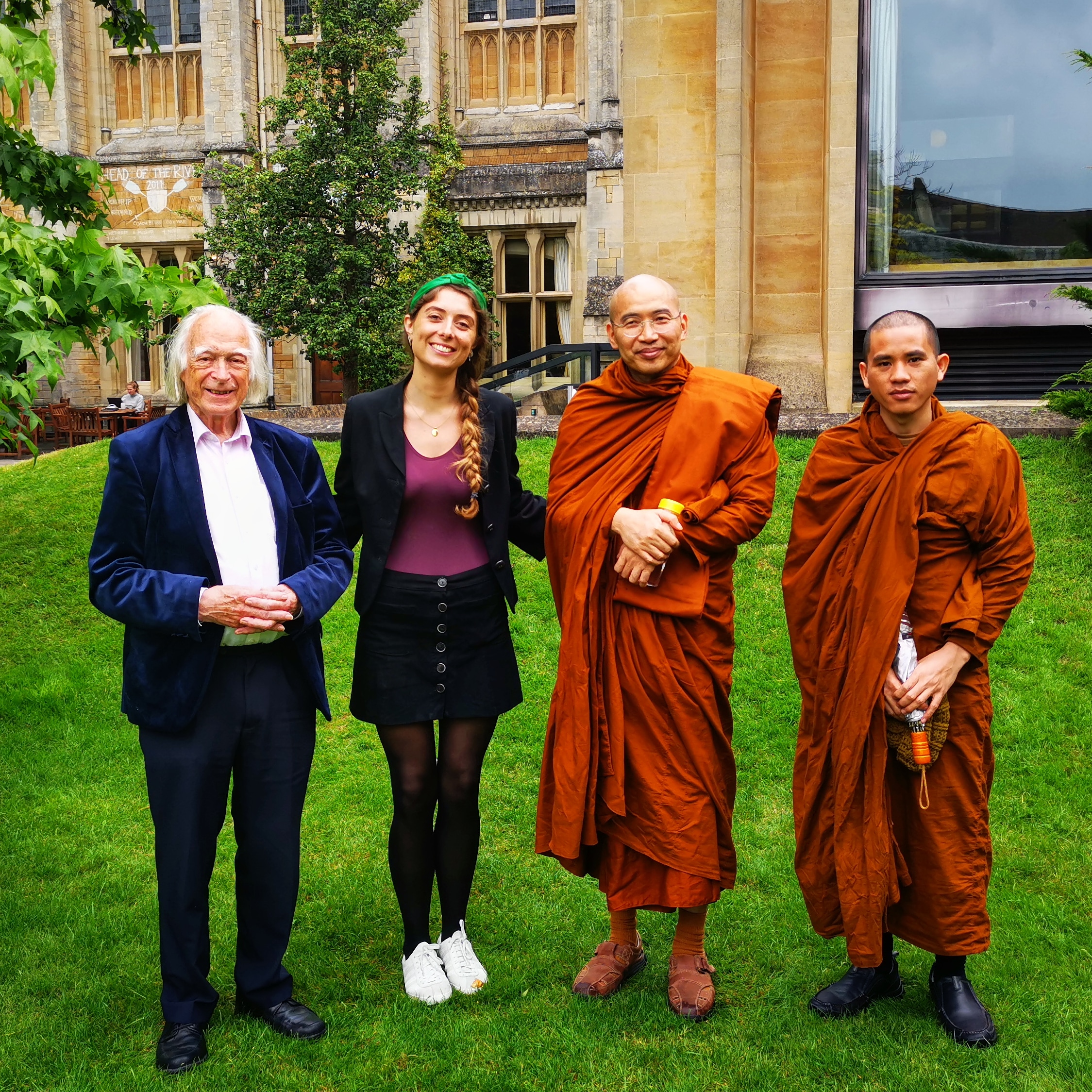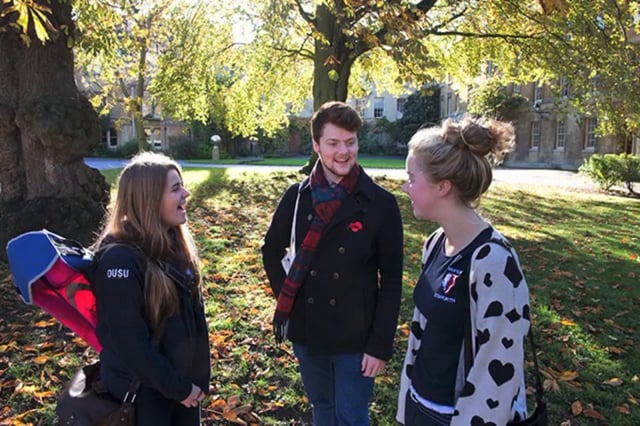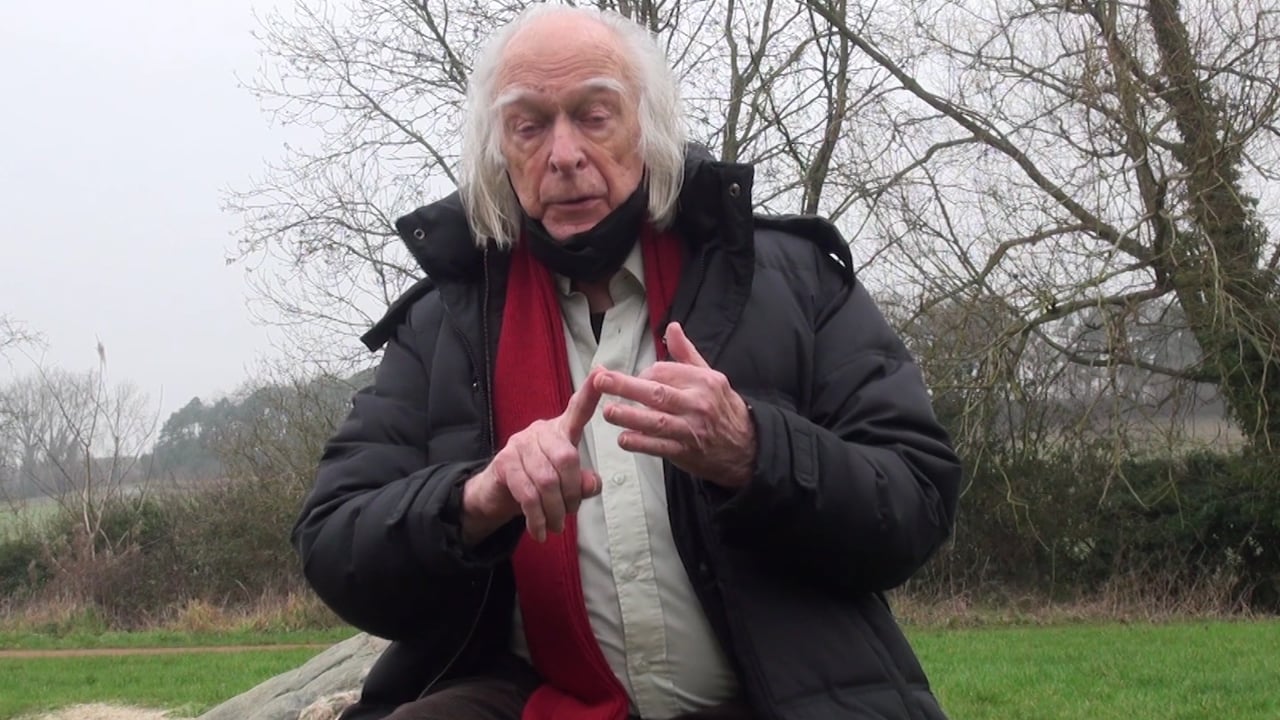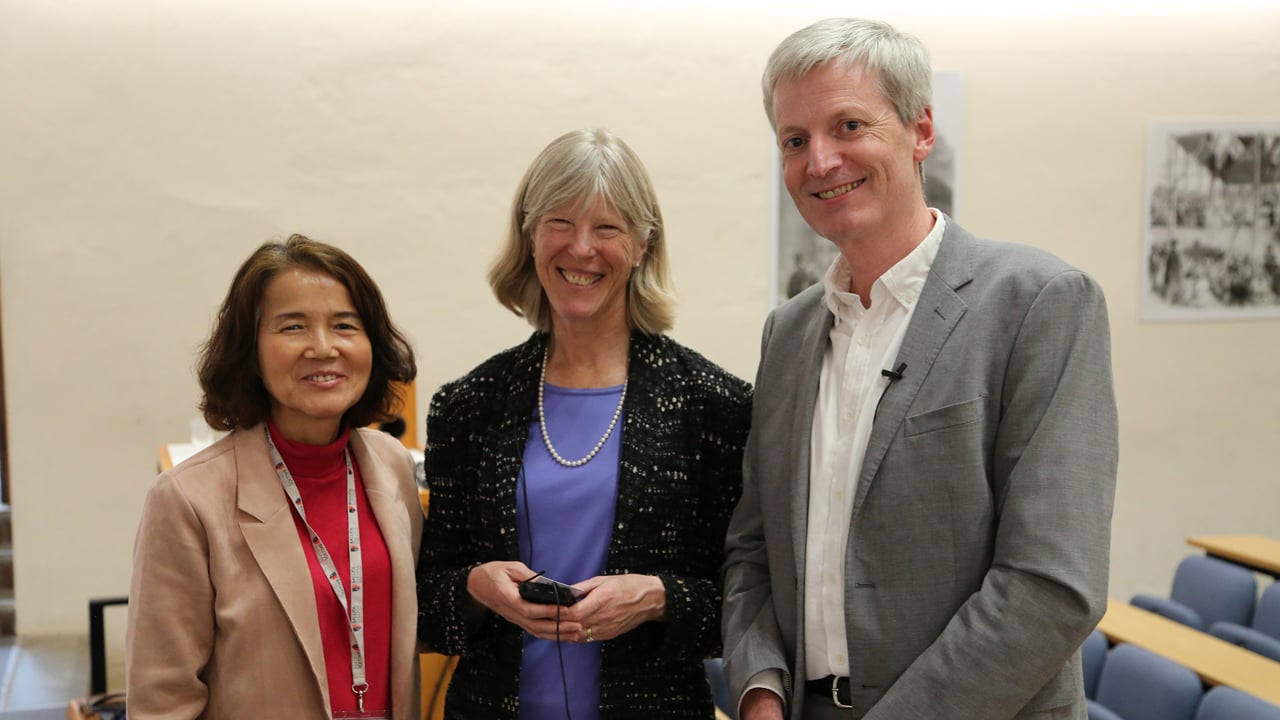
Do not dwell in the past, do not dream of the future, concentrate the mind on the present moment.
We live in frenetic times, constantly connected online alongside ever evolving and updating techonology as well as the prospect of a near future dictated and controlled by AI it is therefore no wonder that one may feel a little overwhelmed.

The practises of mindfulness and mediatation have become buzzwords used universally now in modern day society. Many of us have come across and heard about mindfulness perhaps through child colouring in books or in yoga but the practise has much deeper roots.
Prof Denis Noble personally relays how important mindfulness meditation was for him in overcoming difficulties and finding inner solace after being confronted with a family member who suffered from severe depression. “One can reap the benefits of mindfulness and meditation with just 10 minutes of the practise a day, the effects are very notable in reducing stress if practised over time “, he states.
Perhaps the biggest influence on bringing mindfulness from the East to the West, at least recently, was Jon Kabat-Zinn. Kabat-Zinn founded the Center for Mindfulness at the University of Massachusetts Medical School and the Oasis Institute for Mindfulness-Based Professional Education and Training.
This is where Kabat-Zinn developed his Mindfulness-Based Stress Reduction (MBSR) program, an eight-week program aimed at reducing stress.
MBSR served as an inspiration for another mindfulness-based therapy program, Mindfulness-Based Cognitive Therapy (MBCT). This therapy is aimed at treating Major Depressive Disorder.
The University of Oxford has a prevelant Mindfulness centre in the heart of the city called The Oxford Mindfulness Centre, within the Department of Psychiatry, University of Oxford, has been at the forefront of mindfulness research and training since 2008.
For more information with regards to The Oxford Mindfulness Centre click on this link : http://oxfordmindfulness.org/
The documentary of Professor Noble’s Life in Science at the University of Oxford shall be aired in South Korea




